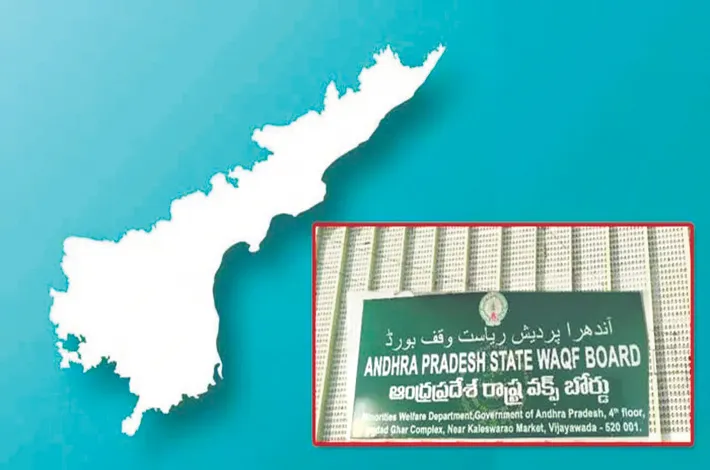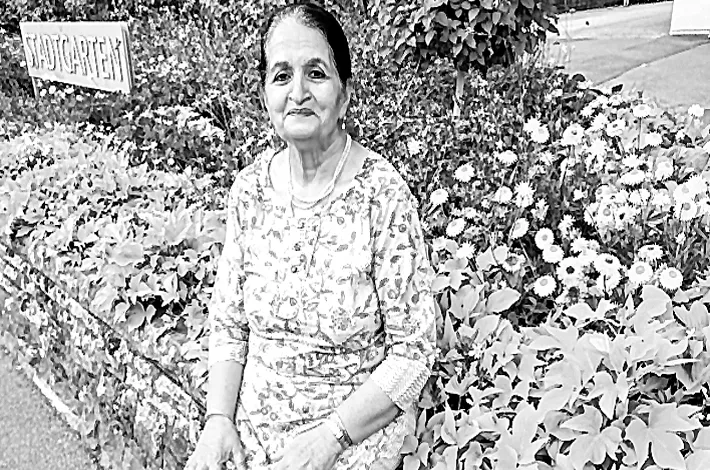Andhra Pradesh waqf board pledges to protect properties from encroachment
10-01-2025 12:35:26 AM

Metro India News | AMARAVATI
Andhra Pradesh State Waqf Board Chairman Sheikh Abdul Aziz announced measures to protect the Waqf Board's 65,783 acres of properties from encroachment. Addressing a press conference at the Waqf Board office in One Town, he emphasized that these lands, donated by individuals for God, serve the welfare of poor Muslims, widows, and orphans. The board, acting as trustees, is committed to safeguarding these properties.
Chairman Aziz reiterated that Waqf properties cannot be encroached upon by private individuals, although the government may utilize them with compensation for public needs.
He noted that 31,590 acres of the total donated land are currently under encroachment, with many individuals having knowingly or unknowingly purchased these lands. He urged those in possession to return the land, stating that surveys on encroachment remain incomplete.
So far, 40 complaints concerning 651 acres of encroached lands have been filed, prompting the involvement of district Collectors and SPs for investigation. Aziz highlighted instances of encroachers obstructing Waqf inspectors' work, as seen at Kondaveeti Dargah, where officials were attacked during inspections. Legal action has since been taken against the attackers.
Aziz stressed that the income generated from Waqf properties would support development in respective areas and aid the poor. To improve transparency, all Waqf Board transactions and revenue management will move online from February 1. Staff salaries and allowances will be paid exclusively from Waqf income.
Moving forward, commercial Waqf lands will be leased to generate revenue, with no restrictions on lessees’ religion. However, prohibited activities like liquor shops will not be permitted. Aziz affirmed that the revenue from these leases would benefit the poor, widows, and orphans of the Muslim community.
He commended Karnataka and Telangana for effectively utilizing Waqf properties and pledged similar efforts for Andhra Pradesh. Aziz called for cooperation in protecting Waqf lands, stating that these are sacred properties meant for the collective good.
Finally, he assured that the Waqf Board would operate with transparency and secular principles, leasing properties to capable individuals from any community, provided they adhere to ethical practices. The board remains committed to preserving God's property and serving marginalized communities.








